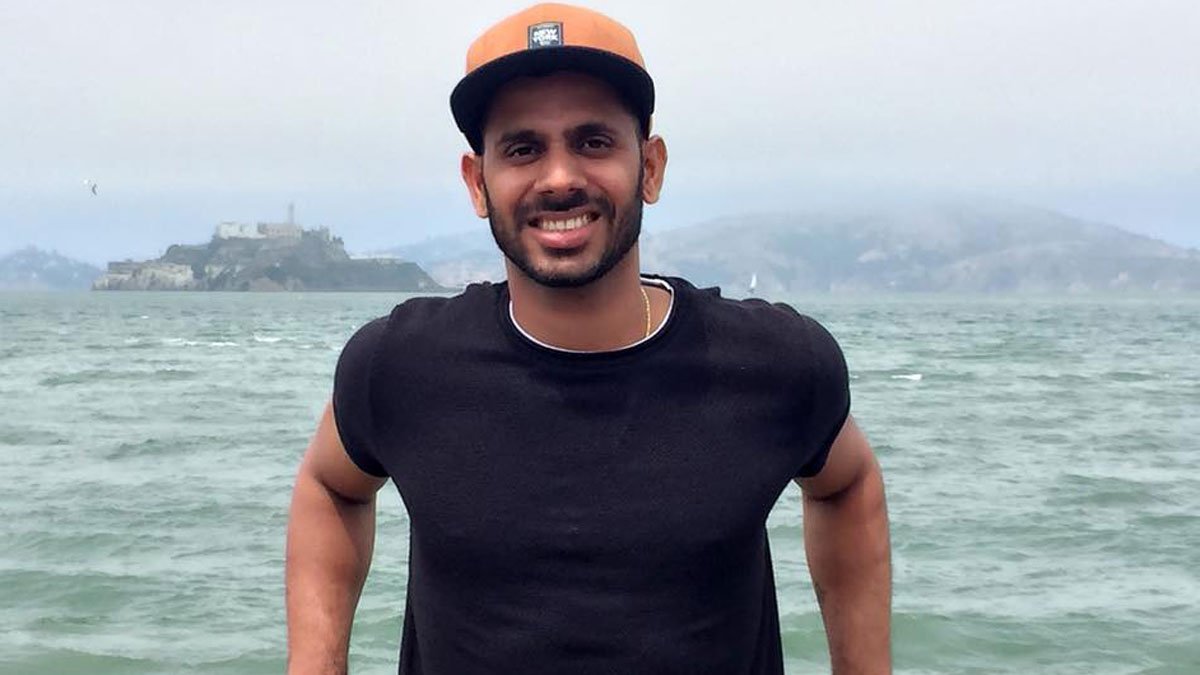Ben Stokes, the captain of England’s Test team, stunned the world in the summer of 2022 when he announced his retirement from ODI cricket. Now, he has essentially done the same thing by re-joining the team ahead of the 2023 ODI World Cup. However, it is simply the most recent in a string of retirements that famous cricketers at the international and lower levels have reversed in recent months for a variety of reasons.
Reversing retirements is nothing new for cricket players. The most well-known example of them all was probably Imran Khan leading Pakistan to the 1992 World Cup championship after coming out of retirement. Shahid Afridi, a former captain of Pakistan, has reversed his international retirement several times, while Dwayne Bravo is another well-known example. Bravo retired from international cricket in 2018 before returning to the West Indies T20 team in 2019 before finally hanging up his boots permanently in 2021. Stokes is not even the first England player to reverse an international retirement in the past three months; these incidents, though, occurred years apart. Let’s examine a few of the well-known cases from the most recent waves of un-retirements.
Ben Stokes

(appointed to the England ODI squad again in August 2023, retired from ODI cricket in July 2022).
The decision to retire Ben Stokes led to a heated discussion regarding the future of ODI cricket. However, Stokes himself had stated that playing in all three formats is “just unsustainable” for him. Stokes had just recently been named England’s Test captain. The side was shattering conventional wisdom when it came to batting in the longest format. However, at the conclusion of The Ashes this year, rumors surfaced that Stokes would just change his mind in an effort to support England’s World Cup title defense.
Stokes was the hero of the 2019 World Cup. Then the England team named him to their preliminary World Cup roster. Although it’s expected that he won’t bowl often, as he did during the Ashes. He hasn’t exactly backed down from his “unsustainable” claim.
Moeen Ali Retirement

(retired from Test cricket in September 2021, declared his intention to return in June 2022, changed his mind in October 2022, and then came back to play in the Ashes in 2023 before retiring at the conclusion of the series)
Stokes is not even the first England player to come out of retirement in the past three months, as was previously mentioned. Moeen Ali, a fellow all-rounder, now holds that title after having retired from the longest format following India’s aborted tour in September 2021. After speaking with coach Brendon McCullum in June 2022, he subsequently stated that he wants to be a part of the England team that tours Pakistan in December of that same year.
However, Moeen indicated he doesn’t want to go back for the Test series after helping England win a 4-3 T20I series in Pakistan in October 2022. He did, in fact, make a comeback this year for the Ashes, filling in for the injured Jack Leach. The series finished in a 2-2 draw thanks to his 180 runs scored in seven innings and nine wickets taken. He announced his official retirement from the format this time after the game.
Manoj Tiwary Retirement

(retired on August 3 but came back to play for Bengal on August 8 for one more season)
Manoj Tiwary’s choice, in contrast to the other players on this list, had an impact on Indian domestic cricket rather than international cricket. Currently serving as West Bengal’s sports minister, Tiwary announced his retirement from all forms of cricket on August 4. However, he said that four days later, he had a discussion with the Cricket Association of Bengal president Snehasish Ganguly about continuing to play in the Ranji Trophy for another year.
“I talked to my wife, and she also persuaded me. She recalled that I served as captain when Bengal advanced to the Ranji Trophy final the previous year. After Raj da finished speaking to me, I gave it some thought and decided to return. Many of my fans wrote to me and urged me to change my mind,” he stated. In July 2015, Tiwary participated in an ODI for India.






Be First to Comment